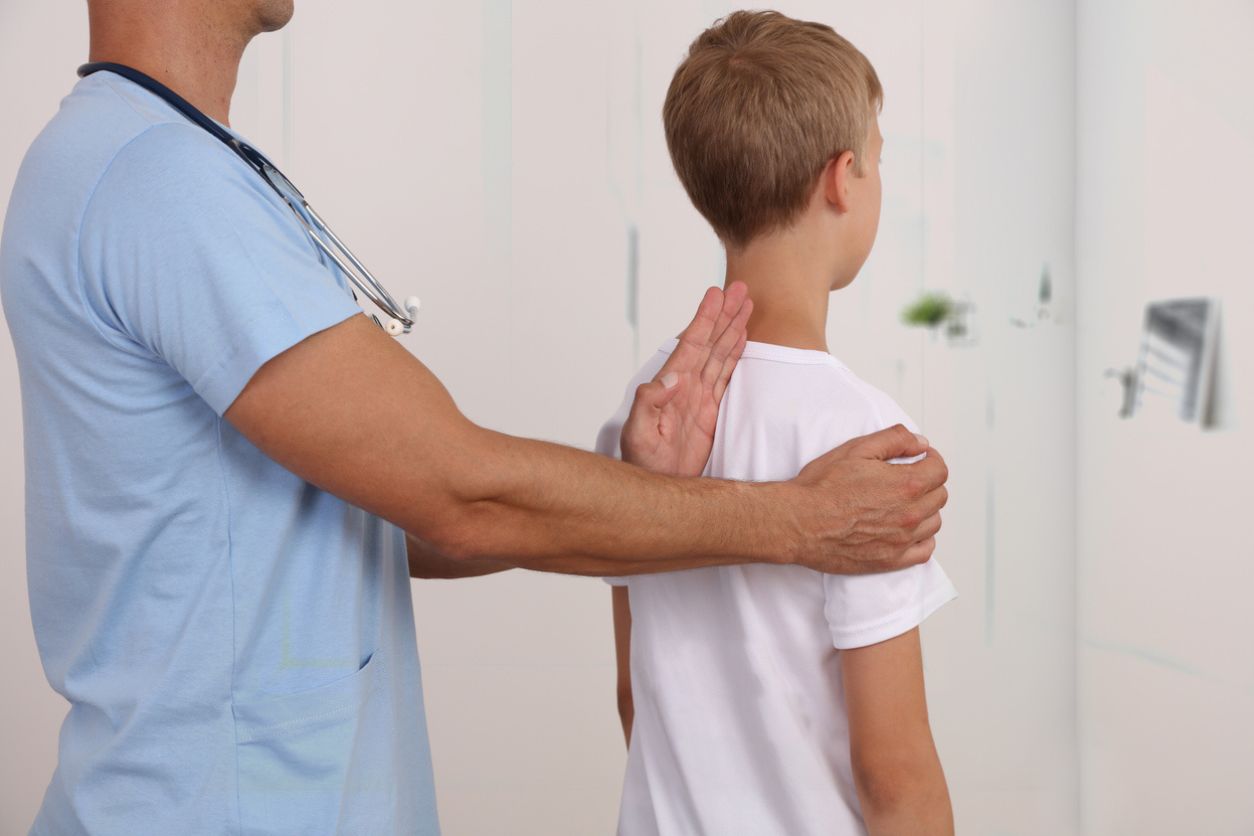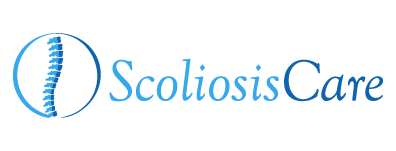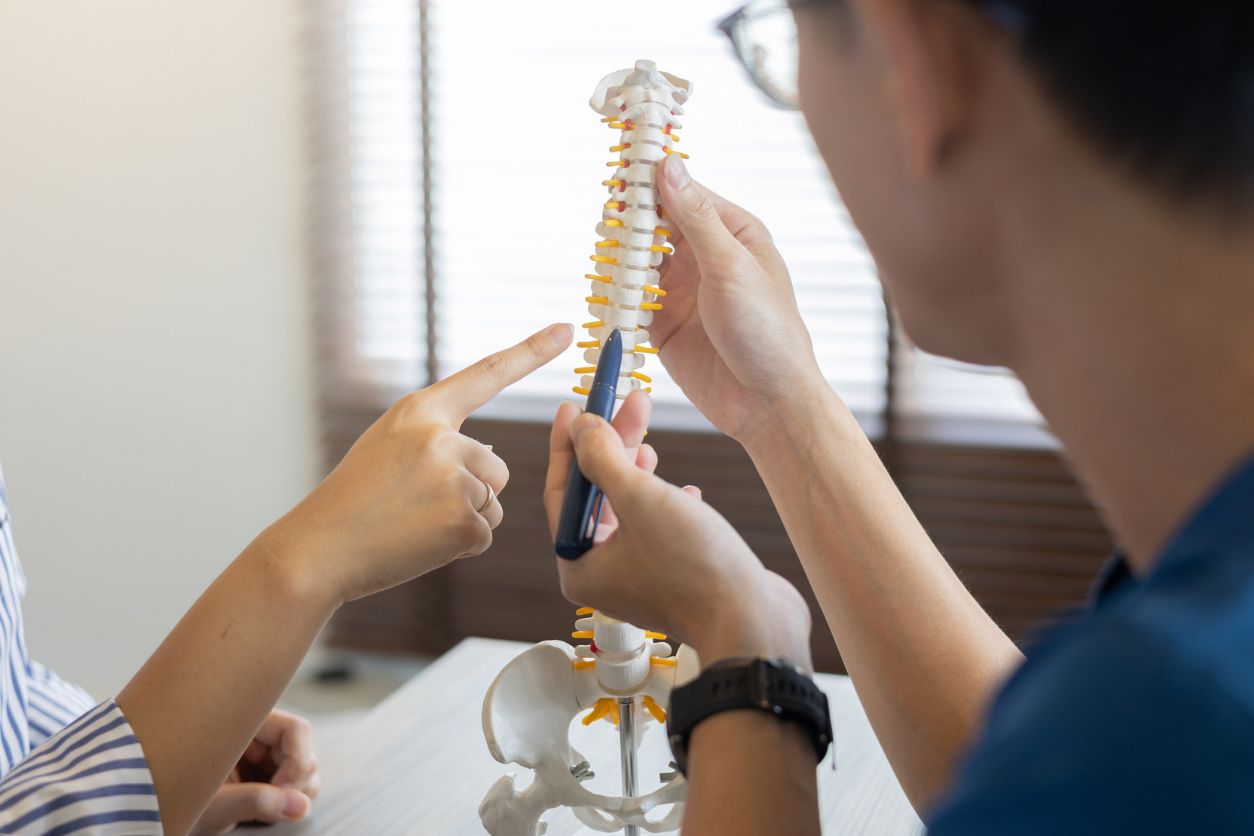
Scoliosis is a medical condition characterized by an abnormal lateral curvature of the spine. It can affect people of all ages, from children to adults, and its severity may vary widely. Understanding the different types of scoliosis is crucial for effective diagnosis and treatment. Taking an in-depth look at the various forms of scoliosis can help you to recognize the differences and the specific challenges each type presents.
Idiopathic Scoliosis
Idiopathic scoliosis is one of the most common forms of scoliosis. The term “idiopathic” means that the condition’s exact cause is unknown. It is typically diagnosed during childhood or adolescence and can progress rapidly during growth spurts. Like many other types of scoliosis, idiopathic scoliosis affects girls more often than boys, with a higher prevalence in the age range of 10 to 15 years old.
Types of Idiopathic Scoliosis
There are three main types of idiopathic scoliosis: infantile, juvenile, and adolescent. Infantile scoliosis is rare and occurs in children under the age of three. Juvenile scoliosis develops between the ages of 3 and 9, and adolescent scoliosis is diagnosed in those between the ages of 10 and 18. Each type presents unique challenges and may require different treatment methods.
Congenital Scoliosis
Congenital scoliosis results from spinal abnormalities present at birth. These abnormalities occur due to improper formation or segmentation of the vertebrae. Congenital scoliosis can range from mild to severe and may require early intervention to prevent progression. Conditions such as spina bifida or cerebral palsy may lead to congenital scoliosis. Children with congenital scoliosis may also have other health issues, making treatment more complex.
Neuromuscular Scoliosis
Neuromuscular scoliosis is associated with neurological or muscular conditions that affect the body’s ability to maintain proper spinal alignment. Common underlying conditions include cerebral palsy, muscular dystrophy, and spinal muscular atrophy. Due to these underlying issues, neuromuscular scoliosis often progresses more severely and rapidly than other types of scoliosis. The severity and progression of the spinal curvature are influenced by the specific neuromuscular condition and its impact on muscle control and spinal support.
Management
Typically, managing neuromuscular scoliosis involves a combination of non-surgical and surgical approaches. Non-surgical options include physical therapy and bracing, which can help manage symptoms and slow the progression of the curvature. However, due to the aggressive nature of neuromuscular scoliosis, surgery is often necessary for severe cases to stabilize the spine and improve the quality of life. Effective management requires addressing the underlying neuromuscular condition in conjunction with direct treatment of the spinal curvature, ensuring a comprehensive approach to care.
Degenerative Scoliosis
Degenerative scoliosis, also known as adult-onset scoliosis, develops due to the degeneration of the spinal discs and joints, most commonly affecting older adults. The primary causes and risk factors include age-related changes where spinal structures deteriorate over time, osteoporosis that weakens the bones, and arthritis, which causes inflammation and joint deterioration, leading to spinal curvature.
Symptoms and Treatment
Common symptoms of degenerative scoliosis include chronic back pain and mobility issues, such as reduced flexibility and difficulty with movement. Treatment options vary depending on the severity of the condition. Non-surgical approaches include physical therapy, pain management, and lifestyle changes aimed at alleviating symptoms and slowing progression. In severe cases that significantly impact quality of life, surgical intervention may be necessary. Degenerative scoliosis underscores the importance of maintaining spinal health and proactively addressing age-related changes to mitigate its effects.
Schedule Your Consultation with Dr. Siambanes
Early diagnosis and tailored treatment plans are essential for managing scoliosis effectively. At Scoliosis Care, Dr. Siambanes is dedicated to providing comprehensive care for all types of scoliosis. Whether you or your loved one is experiencing symptoms or has been diagnosed with scoliosis, we’re here to help.
We design customized treatment plans to meet each patient’s unique needs, offering individualized care that addresses specific requirements. From non-surgical therapies to advanced surgical options, we provide a full spectrum of care for several types of scoliosis. Our supportive environment is committed to delivering compassionate care and support throughout your treatment journey. Book your consultation today with Dr. Siambanes, and take the first step toward improving your spinal health and quality of life.








